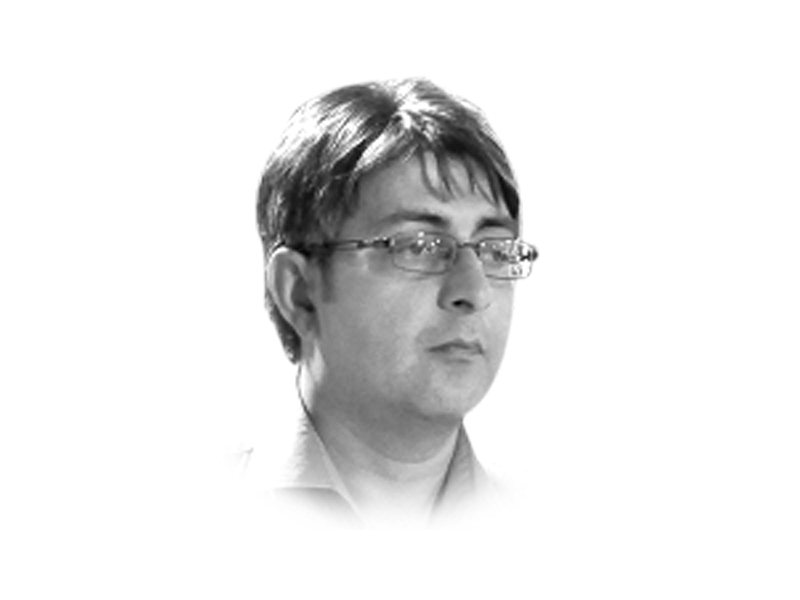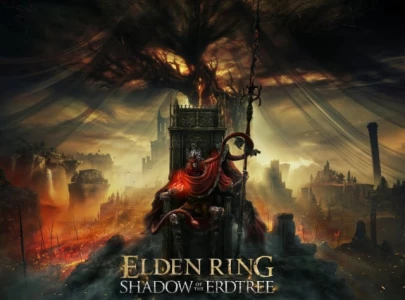
While many of our good friends have probed school and madrassa curricula to understand the evolution of paranoia and intolerance in this country, I am sure nobody paid heed to missing links like this one. Children in this age of the internet, ebook readers and easily available audiobooks will perhaps not understand how difficult it was to find books back then that were considered appropriate for kids. Wary of romance and adult language in books, parents considered anything without it age-appropriate for their children. Nobody bothered to check what religious or political prejudices their children were being taught through these books.
Recently in a plush conference room in Islamabad, I was attending a workshop on minority rights. During the discussion, it struck me that we were all focusing on difficulties faced by Hindus, Christians, even Zoroastrians, and yet nobody had even spared a thought for Ahmadis. After a stunned silence caused by the sudden rush of self-awareness, all participants agreed with me that the matter was considered such a taboo in our media and society that we had stopped even thinking about it.
I distinctly recall how segregated the children from this community were during our childhood. As soon as it became public knowledge that there was an Ahmadi child in our school or class, we were explicitly forbidden to play or even socialise with him/her. We grew up studying with children from Christian, Hindu and other minority communities. Yet the Ahmadis were the only ones we were forbidden to interact with. I have strong reason to believe that the motives behind it were not religious but social and political as Ziaul Haq’s legacy compelled people to steer clear of such stigmas.
Recently, when the community came under attack in Jhelum, I could not help notice the lukewarm media response. One reason would be the ease with which clergymen can declare anyone a closet Ahmadi. A few might have feared a violent backlash. But the majority, I suspect, either don’t care or else think that the community deserves the treatment it is being meted out. I recall a show hosted by a leading televangelist in which a cleric not only refused to believe that Muslims had anything to do with suicide bombings, but went on to claim that this was an Ahmadi conspiracy. That is the kind of mindset we are talking about.
No one likes an underdog. In societies like ours, if not checked in time, political expediency makes persecution of underdogs a cultural norm, if not public sport. I am a firm believer in the separation of the church and state, but even I don’t think that any change in the constitutional status of the community is politically possible. But to turn a blind eye or a deaf ear to a community’s plight is no more an option.
And let me be honest. My intentions are far from altruistic. It is a fact that hate, denial and paranoia change you profoundly. They changed us because we were raised with some very telling prejudices. As a selfish parent, I want to shelter my children from such negative programming. It took me a lifetime to break my programme and undo such a negative code. Perhaps, talking more openly about the matter would be a good start.
Published in The Express Tribune, November 28th, 2015.
Like Opinion & Editorial on Facebook, follow @ETOpEd on Twitter to receive all updates on all our daily pieces.












COMMENTS (10)
Comments are moderated and generally will be posted if they are on-topic and not abusive.
For more information, please see our Comments FAQ